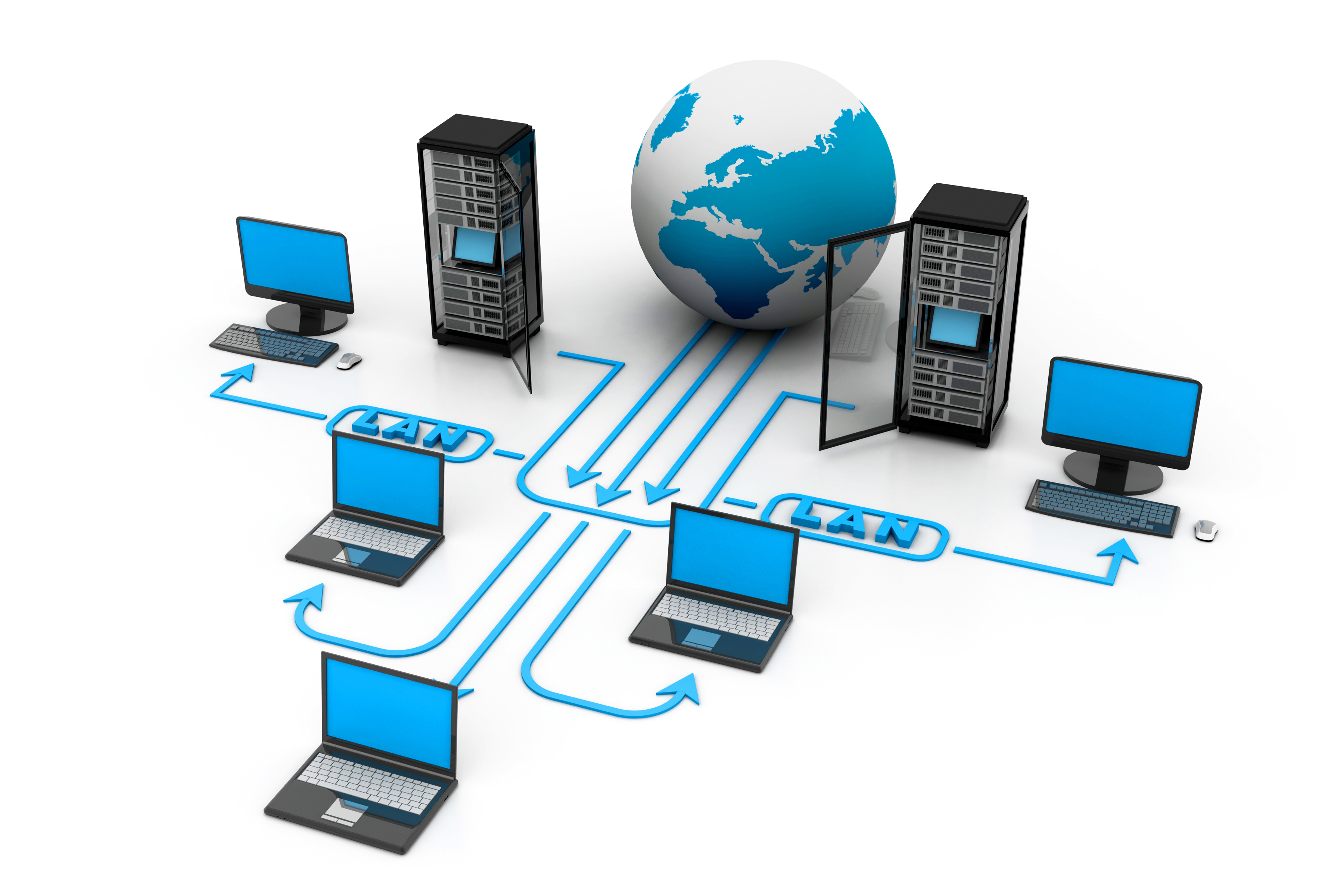Introduction:
Are you ready to take your cybersecurity career to new heights? Discover the 5 must-have skills that will propel you to the top of the industry.
Intriguing Teaser: Navigating the ever-evolving world of cybersecurity can be daunting, but with the right skills in your arsenal, you can become a true force to be reckoned with. In this comprehensive guide, we’ll unveil the top 5 skills that will set you apart and position you for success in this dynamic field.
Benefit-driven Promise: Mastering these essential skills will not only make you a more effective cybersecurity professional, but it will also open doors to new opportunities and propel your career forward. Get ready to become a cybersecurity superstar!
Building and Using Virtual Machines: Harness the Power of Platform-Agnostic Versatility
– Understanding the Basics of Virtual Machines (VMs)
– What are Virtual Machines?
– The Role of the Hypervisor
– Popular Virtualization Platforms: Hyper-V, VirtualBox, VMware, and KVM
– Benefits of Mastering Virtual Machines
– Flexibility to Work Across Multiple Operating Systems
– Isolated Environments for Testing and Research
– Increased Efficiency and Productivity
– Practical Applications of Virtual Machines in Cybersecurity
– Analyzing Suspicious Files in a Controlled Environment
– Practicing Server Configuration and Deployment
– Safely Exploring and Mitigating Cybersecurity Threats
– Tips for Effectively Managing and Leveraging Virtual Machines
– Snapshot Management and Restoration
– Resource Allocation and Optimization
– Integrating VMs with Cloud-based Infrastructures
Embracing the Command Line: Unlocking Efficiency and Automation

– Understanding the Command Line Interface (CLI)
– What is a Shell and Why is it Important?
– The Difference Between Kernel and Shell
– Comparing Popular Command Line Shells: Bash, Zsh, and PowerShell
– Benefits of Mastering the Command Line
– Improved Efficiency and Speed
– Enhanced Scripting and Automation Capabilities
– Deeper Access to System Functionality
– Practical Command Line Applications in Cybersecurity
– Quickly Searching and Manipulating Data
– Automating Repetitive Tasks and Workflows
– Leveraging Command Line Tools for Forensics and Incident Response
– Tips for Developing Command Line Proficiency
– Starting with Bash or Zsh on Linux/macOS
– Exploring PowerShell for Windows Environments
– Practicing and Experimenting with Various Commands
Becoming a System Administration Powerhouse
– Understanding the Scope of System Administration
– Managing Personal Devices to Enterprise-level Servers
– The Importance of Curiosity and Hands-on Experimentation
– Key System Administration Skills for Cybersecurity
– Configuring and Maintaining Computer Systems
– Troubleshooting and Problem-solving
– Backup and Disaster Recovery Strategies
– Practical System Administration Tasks in Cybersecurity
– Recovering Deleted Files and Extracting Data
– Analyzing and Mitigating Malware Infections
– Configuring Security Settings and Access Controls
– Developing a System Administration Mindset
– Continuous Learning and Exploring New Technologies
– Embracing a Proactive and Curious Approach
– Fostering Collaboration and Knowledge Sharing
Mastering Computer Networking: The Backbone of Cybersecurity

– Understanding Networking Fundamentals
– The TCP/IP and OSI Networking Models
– Exploring the Layers and Their Functionalities
– Importance of Networking Knowledge in Cybersecurity
– Troubleshooting Network-related Issues
– Analyzing and Monitoring Network Traffic
– Implementing Secure Network Configurations
– Practical Networking Applications in Cybersecurity
– Penetration Testing and Vulnerability Assessment
– Incident Response and Forensic Investigations
– Securing and Hardening Network Infrastructures
– Developing a Comprehensive Networking Skillset
– Studying Network Protocols and Their Interactions
– Practicing Network Monitoring and Packet Analysis
– Exploring Network Security Concepts and Tools
Prioritizing Personal Digital Security: Protecting Yourself and Your Organization

– Understanding the Cybercrime Landscape
– The Booming Cybercrime Industry and Its Implications
– Emerging Attack Vectors and Vulnerabilities
– Importance of Personal Digital Security Practices
– Safeguarding Yourself as a Cybersecurity Professional
– Becoming a Subject-Matter Expert and Trusted Advisor
– Essential Personal Digital Security Measures
– Implementing Strong Password Management
– Utilizing Encryption and Secure Communication
– Staying Up-to-Date with Security News and Best Practices
– Fostering a Culture of Digital Hygiene
– Leading by Example and Practicing What You Preach
– Educating and Empowering Your Colleagues and Organization
Conclusion:
Call to Action: Ready to take your cybersecurity career to new heights? Implement these 5 essential skills and become a true cybersecurity superstar. Start your journey today




